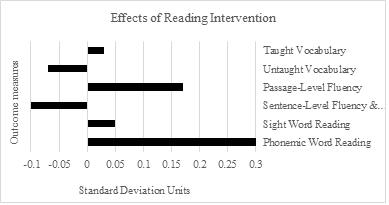How to measure quality of delivery: Focus on teaching practices that help students to develop proximal outcomes
Diego Catalán Molina, Tenelle Porter, Catherine Oberle, Misha Haghighat, Afiya Fredericks, Kristen Budd, Sylvia Roberts, Lisa Blackwell, and Kali H. Trzesniewski
How much students benefit from a school intervention depends on how well the intervention is delivered
When a new curriculum is introduced at a school, the quality of its implementation will vary across teachers. Does this matter? In this study, teachers varied widely in how well they implemented a 20-lesson social and emotional blended-learning curriculum. Teachers who delivered the program at higher quality, for example, encouraged student reflection and participation and provided feedback to students on how to improve skills. Teachers who delivered the program at higher quality had students with higher levels of motivation (growth mindset, effort beliefs, and learning goals) at the end of the program compared to teachers who delivered at lower quality.

